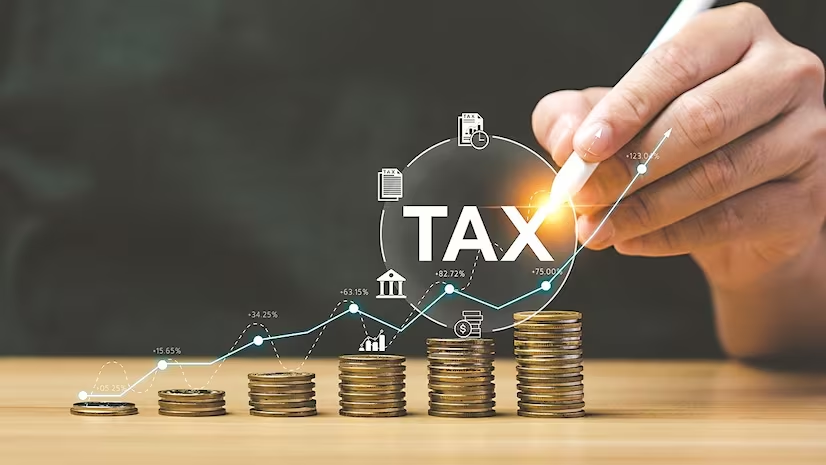PTBP Web Desk
The National Assembly Standing Committee on Finance is set to discuss a significant piece of legislation, the “Tax Laws (Amendment) Bill, 2024”, on Tuesday. The bill introduces stringent measures aimed at curbing tax evasion by non-filers in Pakistan, particularly by prohibiting them from engaging in substantial economic activities like purchasing, booking, or registering vehicles over 800cc, acquiring property beyond a specified limit, and making large stock purchases.
The bill outlines several restrictions for those who do not file their taxes:
Vehicle Restrictions: Non-filers will be barred from activities related to vehicles above 800cc, which includes purchasing, booking, and registration.
Property and Stock Purchases: There will be limits on how much property one can acquire and how much stock can be bought by non-filers.
Banking and Financial Transactions: Non-filers will face restrictions on opening bank accounts and the number of transactions they can perform. they are still allowed to purchase smaller vehicles like motorcycles, rickshaws, and tractors.
Currently, non-filers face higher rates of withholding taxes (WHT), but the government has clarified that these rates won’t be immediately abolished post-passage of the bill. Instead, adjustments will be made gradually:
Phased Withdrawal: The reduction or elimination of these higher WHT rates for non-filers will occur in phases, potentially aligning with the next fiscal budget for 2025-26.
Revenue Concerns: Tax experts have raised questions about how the Federal Board of Revenue (FBR) will manage the expected revenue shortfall, given that withholding taxes make up a significant portion of direct tax collection.
The amendment empowers the government to take decisive actions:
Account Freezing: Financial institutions will be directed to freeze bank accounts of non-registered individuals. This action can be reversed within two days upon tax registration.
Seizure of Property: The government can seize property of non-registered business individuals, with the FBR releasing names of such individuals.
Business Operations: The Chief Commissioner Inland Revenue can seal premises, seize movable property, or appoint a receiver for managing taxable activities.
Under the new legislation, affected individuals have the right to appeal to the Chief Commissioner to unfreeze their accounts. Moreover, the bill extends some benefits to close family members of filers, considering parents, children up to 25 years old, and spouses as filers for the purposes of this bill.
The restrictions will only come into effect once a notification is issued by the federal government. This includes the freezing of bank accounts and blocking property transfers for non-registered individuals.
The move is part of a broader strategy to enhance tax compliance in Pakistan, where tax evasion remains a significant challenge. By limiting economic activities, the government hopes to incentivize tax registration. However, this approach also raises concerns about civil liberties and the potential for administrative overreach, necessitating a balance between enforcement and rights protection.



